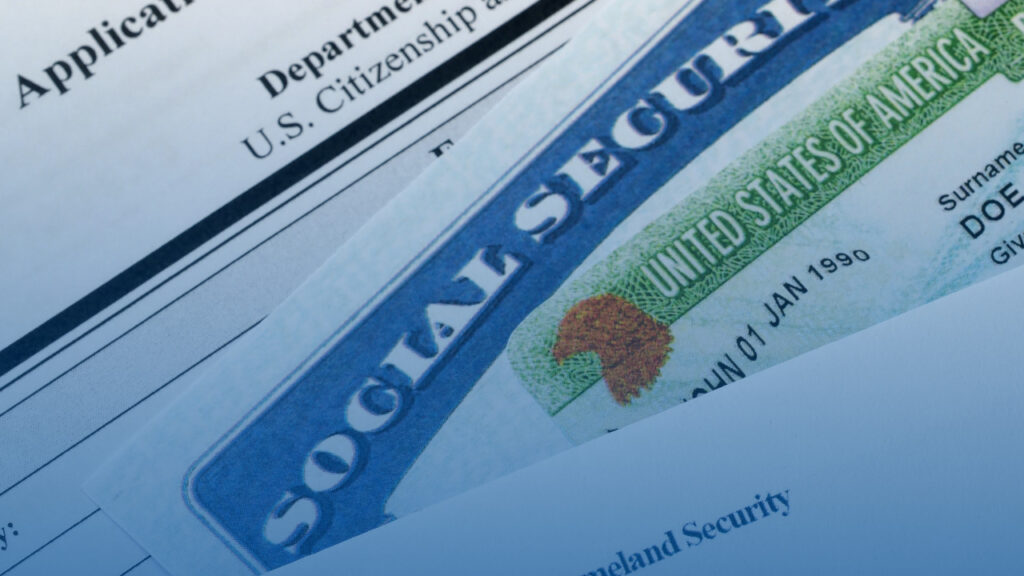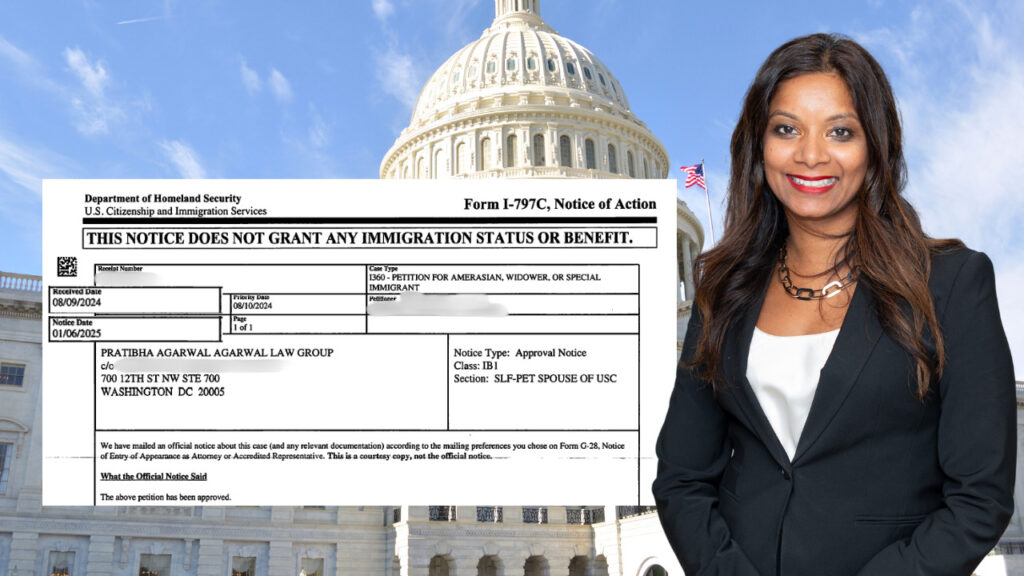Comprehensive Immigration Solutions
Uncategorized
What Should I Include in My VAWA Declaration?
If you are applying for a green card under the Violence Against Women Act (VAWA), your personal declaration is potentially one of the most important pieces of evidence in support of your case. This statement explains your relationship with the abuser and the mistreatment you experienced. A clear and detailed declaration can help strengthen…
Read MoreConditional Green Cards: What You Need to Know About the 2-Year Rule
If you received a green card through marriage to a U.S. citizen or lawful permanent resident and your marriage was less than two years old at the time of approval, you likely have a conditional green card. This type of green card is valid for two years and includes requirements to confirm the legitimacy…
Read MoreCan You Apply for VAWA Without Leaving Your Abusive Spouse?
If you are still living with an abusive spouse, you may still be eligible to apply for relief under the Violence Against Women Act (VAWA). Many people ask if they need to be separated from their abuser to apply. The answer is no — you can file a VAWA self-petition even if you…
Read MoreDon’t Know Where Your Abuser Is? You Can Still Apply for VAWA
If you are applying for a Green Card under the Violence Against Women Act (VAWA), you do not need to know where your abuser is. USCIS does not require their current address or contact information to process your petition. VAWA allows certain spouses, children, and parents of U.S. citizens or permanent residents to…
Read MoreMore Employers Now Qualify for H-1B Cap Exemption
A new rule has broadened the definition of nonprofit and government research organizations for H-1B cap exemptions. Organizations no longer need to prove that research is their primary activity—only that it is a fundamental part of their operations. This makes it easier for more institutions to qualify for cap-exempt H-1B sponsorship, which would allow…
Read MoreKey Changes to Specialty Occupation Rules for H-1B Petitions
The definition of “specialty occupation” for H-1B visa petitions has been updated to provide more flexibility in the types of degrees required. The rule now clarifies that a specialty occupation normally requires a bachelor’s degree, but it does not always have to be a specific degree for a specific position. Employers can now accept…
Read MoreVAWA Eligibility: What If My Abuser Left the Country?
If you have experienced abuse by a U.S. citizen or lawful permanent resident and are considering applying for relief under the Violence Against Women Act (VAWA), you may wonder if you still qualify if your abuser is no longer in the U.S. The answer is yes, you may still be eligible for…
Read MoreVAWA Option for TPS Holders
If you have Temporary Protected Status (TPS) and are experiencing abuse from a U.S. citizen or lawful permanent resident spouse, parent, or child, you can apply for relief under the Violence Against Women Act (VAWA). Having TPS does not prevent you from submitting a VAWA self-petition. TPS is a temporary immigration…
Read MoreVAWA Approved in Just 5 Months
We recently helped a client obtain a VAWA (Violence Against Women Act) approval in just five months, far faster than the average processing time of 41.5 months. Here’s how we achieved this result. Our client was facing serious health issues, which made their case urgent. We filed an expedite request, submitting medical…
Read MoreHow the Laken Riley Act Could Impact Your Immigration Case
Dear Friends, On January 29, 2025, President Donald Trump signed the Laken Riley Act into law, marking a significant shift in U.S. immigration policy. Named after a Georgia nursing student tragically killed by an undocumented Venezuelan immigrant, the law mandates the detention of undocumented individuals who have been arrested, charged, or convicted of certain offenses, including theft-related crimes and assaulting law enforcement officers.…
Read More











